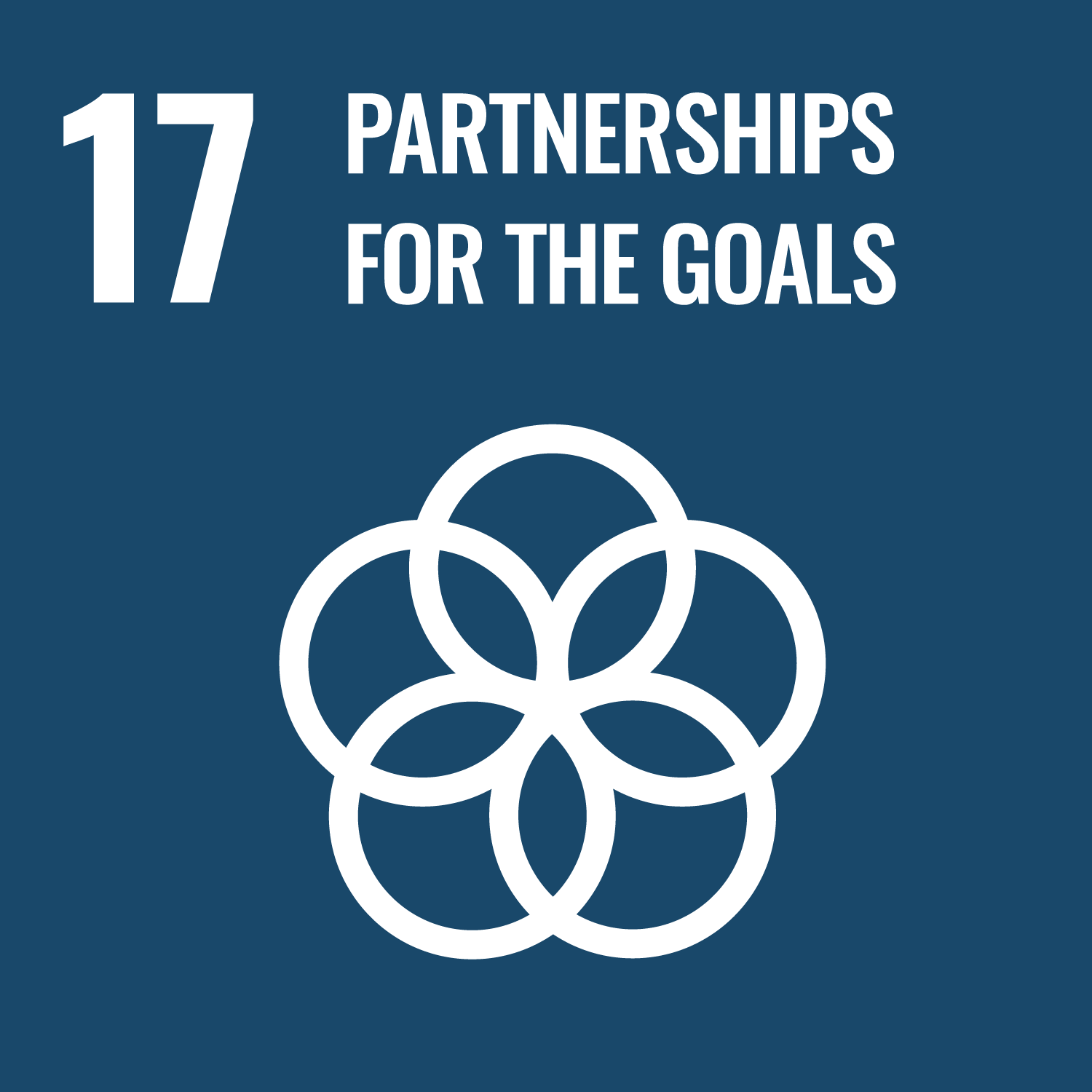ORCID
- V. V. Cheung: 0000-0002-5123-7134
- C. Maharja: 0000-0001-9581-8283
- M. C. Austen: 0000-0001-8133-0498
Abstract
Despite a growing interest in interdisciplinary research, systematic ways of how to integrate data from different disciplines are still scarce. We argue that successful resource management relies on two key data sources: natural science data, which represents ecosystem structure and processes, and social science data, which describes people's perceptions and understanding. Both are vital, mutually complementing information sources that can underpin the development of feasible and effective policies and management interventions. To harvest the added value of combined knowledge, a uniform scaling system is needed. In this paper, we propose a standardized methodology to connect and explore different types of quantitative data from the natural and social sciences reflecting temporal trends in ecosystem quality. We demonstrate this methodology with different types of data such as fisheries stocks and mangrove cover on the one hand and community's perceptions on the other. The example data are collected from three United Nations Educational Scientific and Cultural Organization (UNESCO) Biosphere reserves and one marine park in Southeast Asia. To easily identify patterns of convergence or divergence among the datasets, we propose heat maps using colour codes and icons for language- and education-independent understandability. Finally, we discuss the limitations as well as potential implications for resource management and the accompanying communication strategies. This article is part of the theme issue ‘Nurturing resilient marine ecosystems’.
DOI Link
Publication Date
2022-07-04
Publication Title
Philosophical Transactions of the Royal Society B: Biological Sciences
Volume
377
Issue
1854
ISSN
0962-8436
Acceptance Date
2022-03-18
Deposit Date
2022-01-07
Embargo Period
2022-07-02
Recommended Citation
Richter, I., Roberts, B., Sailley, S., Sullivan, E., Cheung, V., Eales, J., Fortnam, M., Jontila, J., Maharja, C., Nguyen, T., Pahl, S., Praptiwi, R., Sugardjito, J., Sumeldan, J., Syazwan, W., Then, A., & Austen, M. (2022) 'Building bridges between natural and social science disciplines: a standardized methodology to combine data on ecosystem quality trends', Philosophical Transactions of the Royal Society B: Biological Sciences, 377(1854). Available at: 10.1098/rstb.2021.0487



